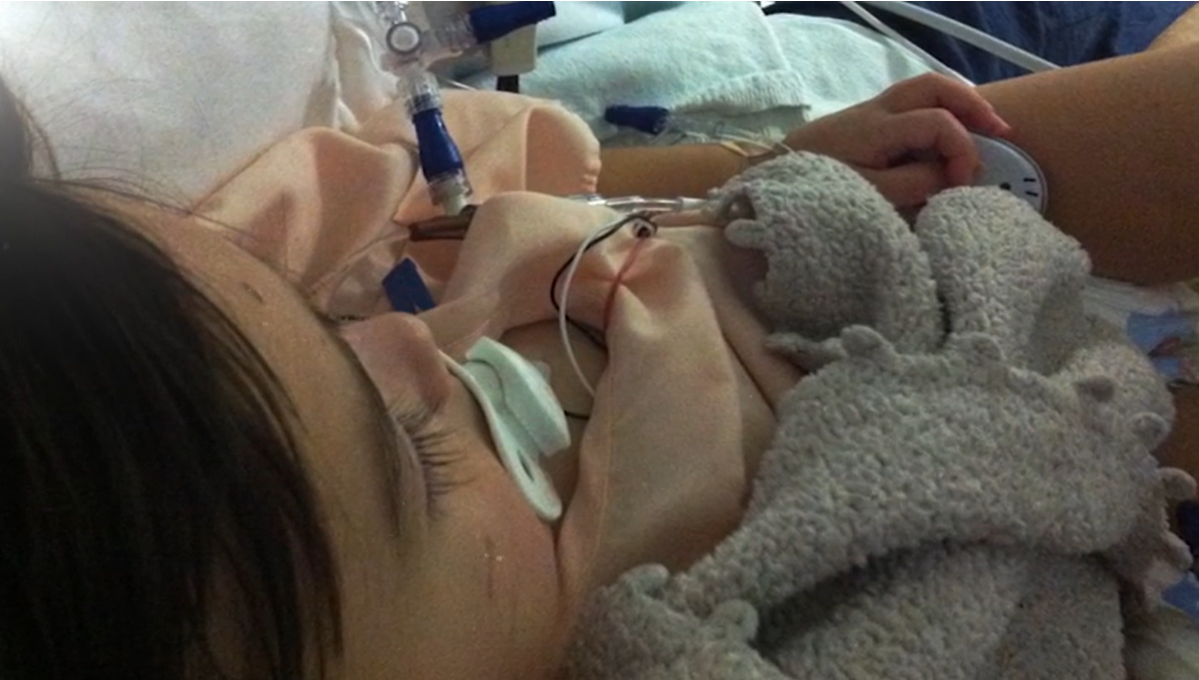Any blue reminders you spot around town may not compare to how widespread pink will be in October, but we are right in the middle of Prostate Cancer Awarness Month.
The discrepancy only applies to ribbons: there will be more new cases of prostate cancer than breast cancer this year.
Congresswoman Debbie Wasserman Schultz knows the risks. A breast cancer survivor, she spoke at Mount Sinai Medican Center Monday to encourage women to tell the men they love the facts.
"Every five minutes in this country, two men are diagnosed with prostate cancer," she said. "One of every six men is at risk of getting prostate cancer in their lifetime.”
Wasserman Schultz cited a recent survey that found 74 percent of women go to a doctor for routine care, compared to only 57 percent of men.
It was a yearly PSA blood test and digital rectal exam that helped Dr. Stephen Zaron get an early diagnosis.
"About seven years ago the PSA took an unusual jump and as a result I had a biopsy," he said. "Unfortunately I had prostate cancer, which is not uncommon. I'm the first in my family that I know of."
Health
Treatments have drastically improved in the last decade with robotic surgery and new immunotherapy. At Mount Sinai’s Comprehensive Cancer Center, Dr.Leonard Toonkel described how radiation has become more targeted.
"There's been advances in the way we can focus radiation beams, so that only the prostate is destroyed by the radiation beam without any damage to surrounding tissues."
As a breast cancer survivor, Wasserman Schultz would like to see more public awareness for prostate cancer.
"October 15th here in Miami, we'll probably see eighteen thousand people at the Komen walk, walking to fight breast cancer. How many times have we seen thousands, hundreds or dozens walking to fight prostate cancer? We don't."
She pointed out that through the Affordable Care Act, insurance companies and Medicare cover the cost of prostate screenings with no co-pays for patients.



